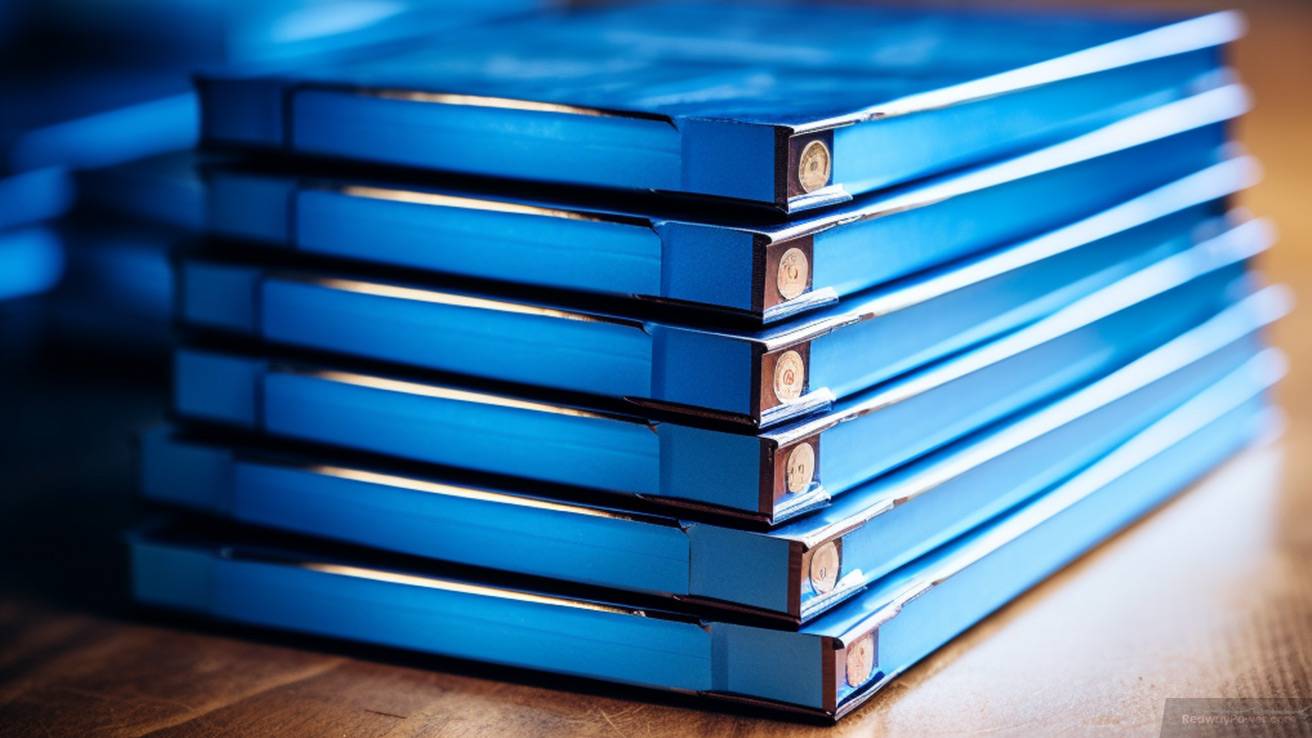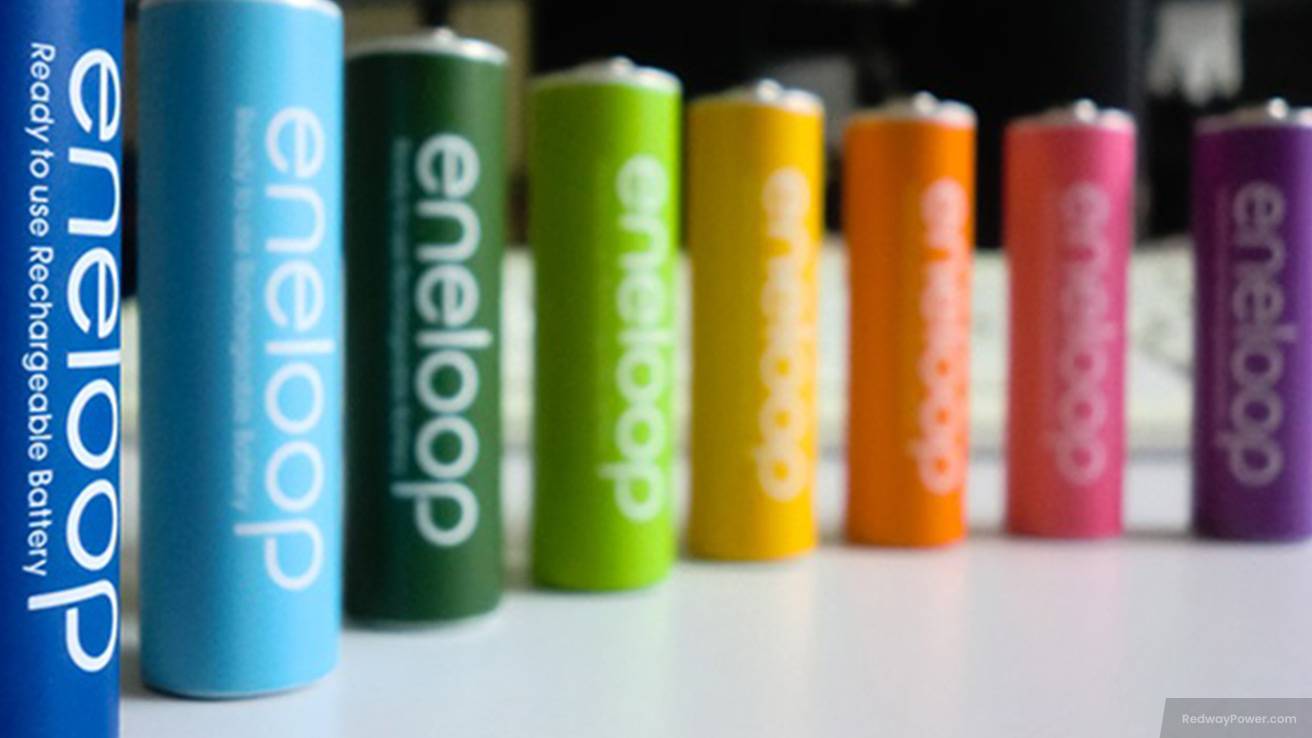- Lithium Golf Cart Battery
- Forklift Lithium Battery
-
48V
- 48V 210Ah
- 48V 300Ah
- 48V 420Ah (949 x 349 x 569 mm)
- 48V 420Ah (950 x 421 x 450 mm)
- 48V 456Ah
- 48V 460Ah (830 x 630 x 590 mm)
- 48V 460Ah (950 x 421 x 450 mm)
- 48V 460Ah (800 x 630 x 600 mm)
- 48V 460Ah (820 x 660 x 470 mm)
- 48V 500Ah
- 48V 560Ah (810 x 630 x 600 mm)
- 48V 560Ah (950 x 592 x 450 mm)
- 48V 600Ah
- 48V 630Ah
-
48V
- 12V Lithium Battery
12V 150Ah Lithium RV Battery
Bluetooth App | BCI Group 31
LiFePO4 Lithium
Discharge Temperature -20°C ~ 65°C
Fast Charger 14.6V 50A
Solar MPPT Charging - 24V Lithium Battery
- 36V Lithium Battery
- 48V Lithium Battery
-
48V LiFePO4 Battery
- 48V 50Ah
- 48V 50Ah (for Golf Carts)
- 48V 60Ah (8D)
- 48V 100Ah (8D)
- 48V 100Ah
- 48V 100Ah (Discharge 100A for Golf Carts)
- 48V 100Ah (Discharge 150A for Golf Carts)
- 48V 100Ah (Discharge 200A for Golf Carts)
- 48V 150Ah (for Golf Carts)
- 48V 160Ah (Discharge 100A for Golf Carts)
- 48V 160Ah (Discharge 160A for Golf Carts)
-
48V LiFePO4 Battery
- 60V Lithium Battery
-
60V LiFePO4 Battery
- 60V 20Ah
- 60V 30Ah
- 60V 50Ah
- 60V 50Ah (Small Size / Side Terminal)
- 60V 100Ah (for Electric Motocycle, Electric Scooter, LSV, AGV)
- 60V 100Ah (for Forklift, AGV, Electric Scooter, Sweeper)
- 60V 150Ah (E-Motocycle / E-Scooter / E-Tricycle / Tour LSV)
- 60V 200Ah (for Forklift, AGV, Electric Scooter, Sweeper)
-
60V LiFePO4 Battery
- 72V~96V Lithium Battery
- Rack-mounted Lithium Battery
- E-Bike Battery
- All-in-One Home-ESS
- Wall-mount Battery ESS
-
Home-ESS Lithium Battery PowerWall
- 24V 100Ah 2.4kWh PW24100-S PowerWall
- 48V 50Ah 2.4kWh PW4850-S PowerWall
- 48V 50Ah 2.56kWh PW5150-S PowerWall
- 48V 100Ah 5.12kWh PW51100-F PowerWall (IP65)
- 48V 100Ah 5.12kWh PW51100-S PowerWall
- 48V 100Ah 5.12kWh PW51100-H PowerWall
- 48V 200Ah 10kWh PW51200-H PowerWall
- 48V 300Ah 15kWh PW51300-H PowerWall
PowerWall 51.2V 100Ah LiFePO4 Lithium Battery
Highly popular in Asia and Eastern Europe.
CE Certification | Home-ESS -
Home-ESS Lithium Battery PowerWall
- Portable Power Stations
What Battery Can Store the Most Electricity?

The battery that stores the most electricity typically falls under high-capacity types such as lithium-ion and flow batteries. These batteries offer significant energy density, making them suitable for applications ranging from electric vehicles to grid storage solutions. Lithium iron phosphate (LiFePO4) and lithium nickel manganese cobalt oxide (NMC) batteries are among the top contenders.
What Are the Highest Capacity Battery Types?
High-capacity batteries are essential for applications requiring substantial energy storage. The following types are known for their high capacity:
- Lithium-Ion Batteries: These include various chemistries such as LiFePO4 and NMC, which are widely used in electric vehicles and renewable energy storage.
- Flow Batteries: Utilizing liquid electrolytes, flow batteries can store large amounts of energy and are ideal for grid applications.
- Nickel-Metal Hydride (NiMH): Commonly used in hybrid vehicles, these batteries offer good energy density but are less efficient than lithium-ion options.
| Battery Type | Energy Density (Wh/kg) | Typical Applications |
|---|---|---|
| Lithium-Ion | 150-250 | Electric vehicles, portable electronics |
| Flow | 20-40 | Grid storage, renewable energy systems |
| Nickel-Metal Hydride | 60-120 | Hybrid vehicles |
How Do Energy Densities Compare Among Battery Technologies?
Energy density is a critical factor in determining a battery’s capacity to store electricity. Here’s how different technologies compare:
- Lithium-Ion: Offers high energy density, typically ranging from 150 to 250 Wh/kg, making it suitable for a wide range of applications.
- Lead-Acid: Much lower energy density at approximately 30-50 Wh/kg, which limits its use primarily to automotive and backup power applications.
- Flow Batteries: While they have lower energy densities (20-40 Wh/kg), their scalability makes them ideal for large-scale storage solutions.
What Makes a Battery High-Capacity?
Several factors contribute to a battery’s capacity:
- Chemistry: The chemical composition directly affects energy density; lithium-based chemistries generally outperform others.
- Design: The physical design of the battery cells, including size and configuration, influences how much energy can be stored.
- Cycle Life: A high-capacity battery should also maintain its capacity over many charge-discharge cycles.
What Are the Key Characteristics of High-Energy Batteries?
High-energy batteries possess several key characteristics that make them suitable for demanding applications:
- High Energy Density: Ability to store more energy per unit weight or volume.
- Long Cycle Life: The number of charge-discharge cycles a battery can undergo before its capacity significantly degrades.
- Fast Charge Capability: The ability to recharge quickly without damaging the battery.
- Safety Features: Enhanced thermal stability and built-in protection circuits to prevent overheating.
Which Popular Models Offer the Most Storage Capacity?
Here are some popular high-capacity battery models known for their storage capabilities:
- Tesla Powerwall: A lithium-ion battery designed for home energy storage with a capacity of 13.5 kWh.
- LG Chem RESU: Offers various models with capacities ranging from 6.5 kWh to 16 kWh.
- Sonnen Eco: A home battery system available in sizes from 10 kWh to 15 kWh.
| Model | Type | Capacity (kWh) | Applications |
|---|---|---|---|
| Tesla Powerwall | Lithium-Ion | 13.5 | Home energy storage |
| LG Chem RESU | Lithium-Ion | Up to 16 | Solar energy systems |
| Sonnen Eco | Lithium-Ion | Up to 15 | Home energy management |
What Are the Applications for High-Capacity Batteries?
High-capacity batteries have diverse applications, including:
- Electric Vehicles (EVs): Providing power for propulsion and auxiliary systems.
- Renewable Energy Storage: Storing excess solar or wind energy for later use.
- Grid Stabilization: Helping balance supply and demand in electrical grids.
- Portable Electronics: Powering devices such as laptops, smartphones, and tablets.
What Should Battery Wholesale Buyers Know About OEM Orders?
Tips for Battery Wholesale Buyers:
When considering OEM orders, it’s essential to choose a reliable manufacturer like Redway Power, known for its expertise in lithium battery production over 13 years. Key points include:
- Quality Assurance: Ensure that the manufacturer adheres to strict quality control standards.
- Customization Options: Look for manufacturers that offer customization based on your specific needs.
- Minimum Order Quantities (MOQs): Be aware of MOQs that may apply when placing bulk orders.
Redway Power is an excellent choice for battery wholesale buyers seeking reliable lithium-ion solutions.
What Are Redway Power Expert Views on High-Capacity Batteries?
“High-capacity batteries are revolutionizing how we store and use energy,” states an expert at Redway Power. “With advancements in lithium technology and flow batteries, we can now harness renewable resources more effectively while providing reliable power solutions across various sectors.”
FAQ Section
- What type of battery has the highest capacity?
Lithium-ion batteries generally have the highest capacity compared to other types like lead-acid or nickel-metal hydride. - How is battery capacity measured?
Battery capacity is typically measured in watt-hours (Wh) or amp-hours (Ah), indicating how much energy it can store. - What applications benefit from high-capacity batteries?
They are widely used in electric vehicles, renewable energy systems, grid stabilization, and portable electronics. - Are there alternatives to lithium-ion batteries?
Yes, flow batteries and nickel-metal hydride batteries are alternatives with specific advantages depending on the application. - How do I choose the right battery for my needs?
Consider factors like required capacity, application type, budget, and whether you need fast charging or long cycle life.













